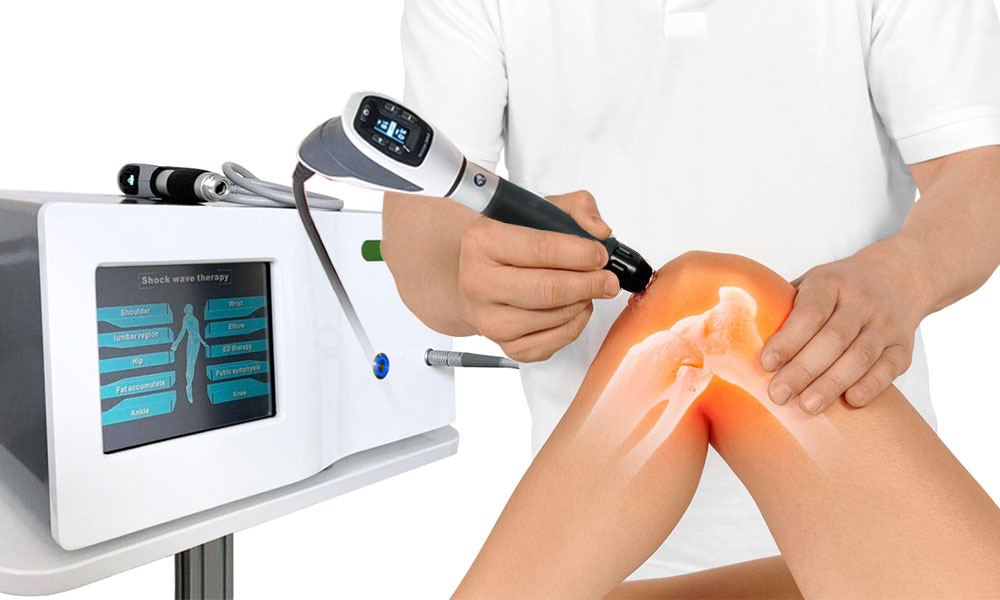Managing stress produces direct effects on male reproductive health. Studies demonstrate that psychological pressure affects blood circulation throughout the body, including essential areas for male performance. When men maintain balanced mental states during medical treatments, their bodies respond better to therapeutic interventions. Mental calmness allows muscles to relax correctly, creating optimal conditions for healing processes to take place naturally.
Treatment preparation
The mind-body connection plays a vital part in male health restoration. Preparing mentally before each session improves treatment outcomes substantially. Medical professionals recommend practising relaxation techniques like deep breathing or meditation. These methods reduce cortisol levels, which might interfere with the body’s natural responses to therapeutic waves.
Important stress reduction methods
- Regular physical activity stabilizes mood and decreases anxiety
- A proper sleep schedule maintains hormonal balance
- A nutritious diet supports overall wellbeing
- Mindfulness practices reduce mental tension
- Social support groups provide emotional stability
Mind-body alignment
A strong connection exists between mental state and physical health, and these manifests clearly in male wellness treatments. Shockwave for ED Clinic Orlando highlights that patients with stable emotional well-being often experience better treatment responses. This alignment between mind and body creates an environment where therapeutic waves work most effectively.
Behavioural modifications
Changing daily habits supports treatment effectiveness. Simple adjustments in routine activities make notable differences in overall outcomes. These modifications include:
- Establishing consistent sleep patterns
- Following balanced meal schedules
- Creating time for regular exercise
- Practicing stress management daily
- Maintaining social connections
Treatment response
Medical evidence shows that reduced stress levels improve tissue responses to therapeutic interventions. When patients remain calm during sessions, blood vessels dilate correctly, allowing better circulation. This physiological state enables healing waves to penetrate more effectively into target areas.
Improvement tracking
Regular assessment helps measure progress effectively. Medical teams document changes systematically, ensuring treatment stays on track. This methodical approach allows for precise adjustments when needed, optimizing results for each patient.
Clinical observations
Research data demonstrates clear correlations between stress reduction and treatment effectiveness. Medical facilities document improved results in patients who maintain lower stress levels. These findings guide treatment protocols and patient recommendations.
Progress measurements
Systematic evaluations track improvements accurately. Medical teams use specific parameters to assess advancement. This precise monitoring ensures treatment effectiveness and patient satisfaction.
Sleep quality importance
Rest patterns significantly affect treatment outcomes. Good sleep habits support the body’s natural healing mechanisms. Medical professionals emphasize sleep quality as a crucial factor in male health restoration.
Nutritional support
A proper diet enhances treatment effectiveness significantly. Specific nutrients support blood vessel health and circulation. Medical teams provide detailed dietary guidelines that complement therapeutic interventions.
Treatment consistency
Regular attendance optimizes therapeutic benefits. Maintaining scheduled appointments ensures steady progress. This consistency allows for proper tissue healing and regeneration.
Daily routine adjustments
Small changes in daily activities support treatment effectiveness. Establishing healthy patterns creates lasting benefits. These modifications complement medical interventions effectively.
Wellness integration
Combining stress management with medical treatment creates optimal outcomes. An integrated approach addresses both the physical and mental aspects of male health. The integration produces more substantial and lasting improvements.
Proper stress management throughout the entire treatment period maximizes results. Following professional guidance ensures optimal outcomes. This dedication to complete care produces the best possible results. Medical professionals continue documenting these positive correlations between stress reduction and treatment effectiveness.


